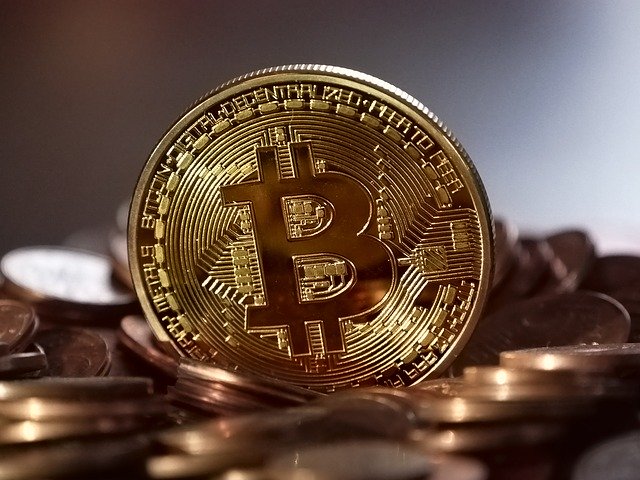Should kids learn how to use cryptocurrency? Chances are that if your kids are gamers, they are already familiar with some of the concepts behind it, but there are important issues for kids that should be a priority for anyone who wants to teach kids how to use Bitcoin or any other virtual or digital money.
It’s A Scary World Online
The first issue to remember about teaching kids how to use cryptocurrency? The nature of the thing itself, to paraphrase Marcus Aurelius, is important to understand.
Children who are not of legal age (to make informed financial decisions under the law) have no business entering into legally binding agreements of any nature without adult supervision, and some of the avenues of cryptocurrency lead into dark places online (yes, we’re talking about the so-called Dark Web).
That’s why the first order of business is to ensure supervised activity and to avoid allowing those who are not of legal age to enter into agreements with financial implications to do so.
Cryptocurrency Issues For Kids And Adults
It’s not enough to educate kids about the technical processes of trading in cryptocurrency; they also need to be literate in the world of online security, scams, fraud, and hacking.
If you teach kids how to use digital currency online but do not inform them of the dangers, the scams, and the privacy intrusions that can come as a result, you haven’t really taught your kids about doing business or trading cryptocurrency online.
What To Teach Kids About Cryptocurrency
No education effort about digital currency is complete without the following issues being addressed.
- No Legal Protection–unlike the laws governing credit and debit cards which require a lender or servicer to help you get your money back in cases of identity theft, fraud, or other issues, cryptocurrency has no such legal requirements. This is true whether you are buying or selling currency, or using it to make purchases with.
- Cryptocurrency Has No Government Backing–bank deposits are insured via the FDIC. Digital money does not have that backing. If your digital account is hacked, if the company managing your account goes out of business, is attacked by ransomware, or any other problem, you are on your own.
- No Refunds–if you have difficulty with digital currency, you may have no access to ANY type of recourse in the form of refunds. Some may be offered refunds that are basically worthless (credits, discount points, or more cryptocurrency) if there have been problems or issues with your servicer or platform.
- No Fixed Value–cryptocurrency may be worth a LOT today, and NOTHING tomorrow. There are no guarantees. Valuable digital currency today has the potential to be utterly worthless tomorrow.
- Crypto Scams–there are plenty of cryptocurrency scams out there. You will need to properly research your chosen digital currency, the company offering it, and the track record of both.
Red Flags You Should Teach Kids To Watch Out For
Should kids learn about cryptocurrency? Only if they also learn about the red flags that may indicate that a cryptocurrency scam is underway. Don’t fall victim to scammers offering you digital currency options with the following features:
- Unsolicited emails, texts, social media contacts urging you to check out digital currency;
- Promises or “guarantee” driven ads or communications implying you’ll definitely make money;
- Language implying you could double your money quickly;
- Offers of “free” money (dollars or cryptocurrency)
- Confusing or unclear claims;
- Offshore offers;
- Poorly worded communication;
- Threatening content of any kind (legal or otherwise);
- Communication from supposedly established companies that have poorly constructed websites, badly spelled emails or texts, etc.

Joe Wallace is a writer and editor from Illinois. He was an editor and producer for Air Force Television News for 13 years, and has served as Managing Editor for publications including Gearwire.com, and Associate Editor for FHANewsBlog.com. He is also an experienced book and script editor specializing in non-fiction and documentary filmmaking


